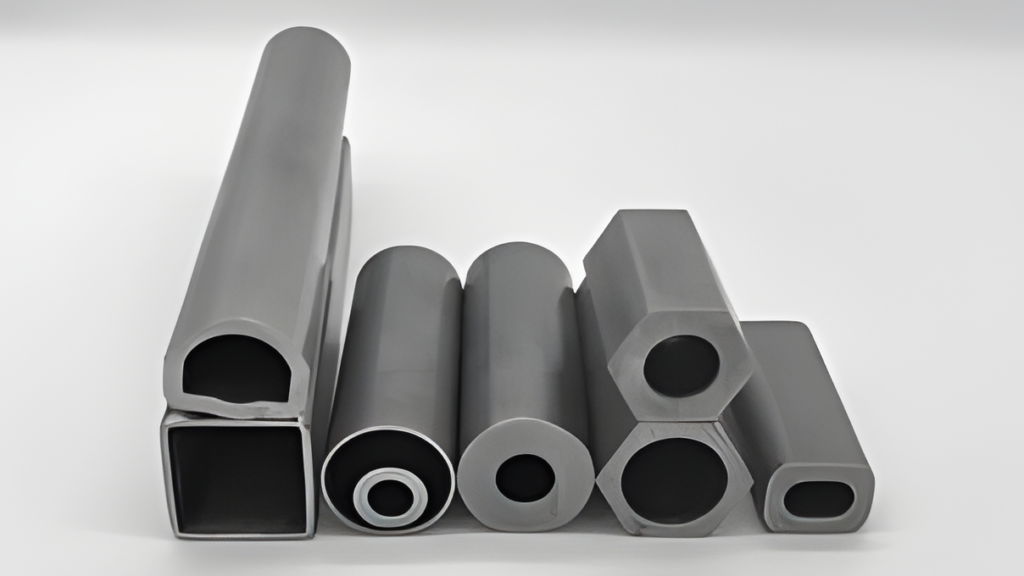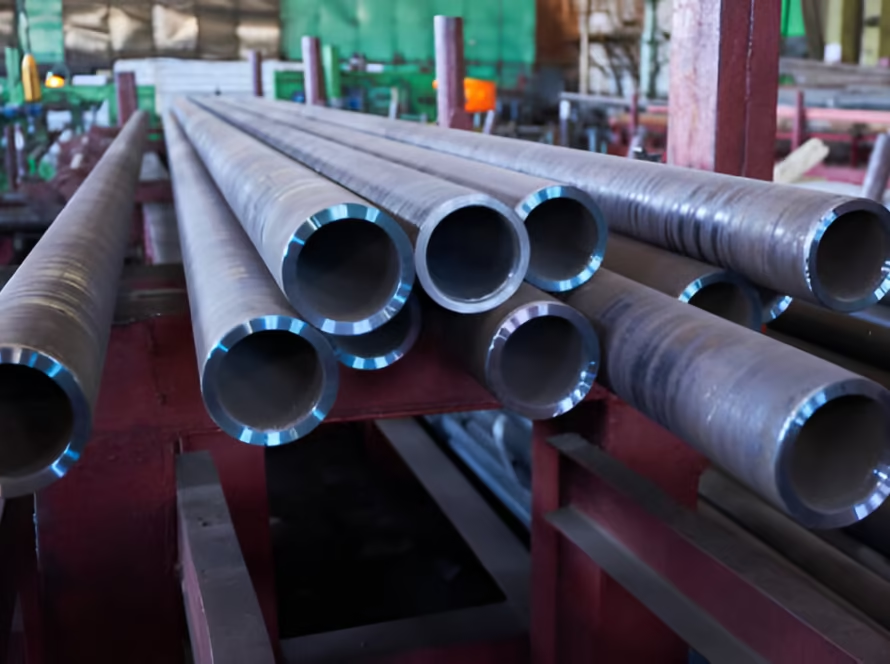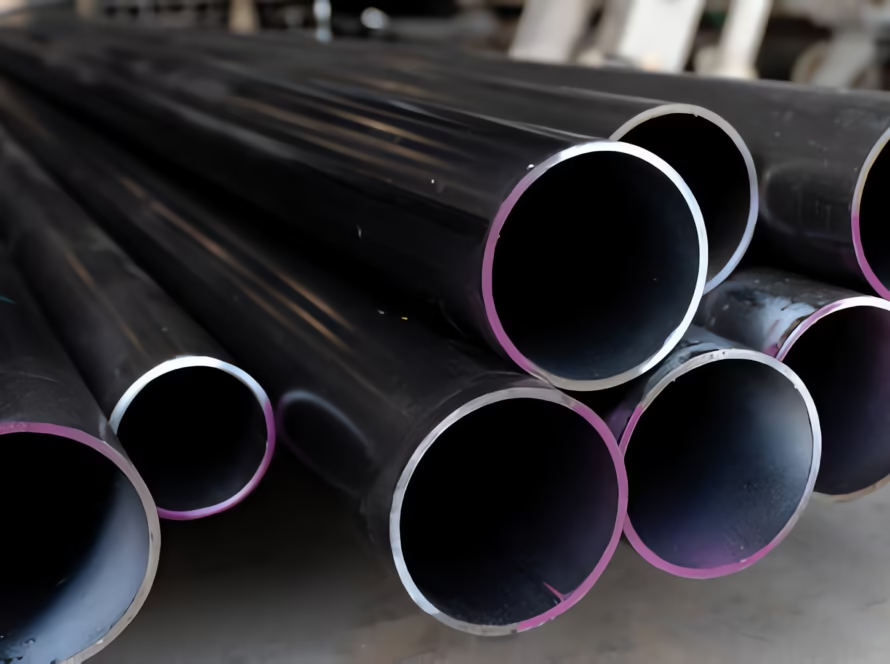What is Carbon Steel Pipe?
Carbon steel pipe is a type of steel pipe that is primarily made from carbon and iron. It is a versatile and widely used material in various industries due to its strength, durability, and affordability. Carbon steel pipes are commonly used for transporting fluids and gases, as well as for structural applications.
Questions:
-
What are the advantages of using carbon steel pipe? Carbon steel pipes offer several advantages that make them a popular choice in various industries. Firstly, they have excellent strength and durability, making them suitable for high-pressure applications. Additionally, carbon steel pipes are resistant to corrosion, which ensures a longer lifespan and reduces maintenance costs. Moreover, carbon steel pipes are relatively affordable compared to other materials, making them a cost-effective option for many projects.
-
What are the different types of carbon steel pipes available? Carbon steel pipes come in various types, each designed for specific applications. The most common types include seamless carbon steel pipes and welded carbon steel pipes. Seamless pipes are manufactured without any welding seam, resulting in a smooth and uniform surface. They are ideal for high-pressure and critical applications. Welded pipes, on the other hand, are made by welding two or more pieces of carbon steel together. They are suitable for less demanding applications and are available in different sizes and thicknesses.
-
How is carbon steel pipe manufactured? The manufacturing process of carbon steel pipes involves several steps. Initially, raw materials such as iron ore and coal are melted in a blast furnace to produce molten iron. The molten iron is then combined with carbon to create steel. Next, the steel is shaped into a cylindrical form through a process called extrusion or rolling. After shaping, the pipe is either welded or seamless, depending on the desired type. Finally, the pipes undergo various finishing processes, such as heat treatment and surface coating, to enhance their properties and protect against corrosion.
Conclusion:
Carbon steel pipes are a versatile and widely used material due to their strength, durability, and affordability. They offer several advantages, including excellent strength, corrosion resistance, and cost-effectiveness. The different types of carbon steel pipes available, such as seamless and welded pipes, cater to various applications. The manufacturing process involves melting iron, combining it with carbon, shaping it into a cylindrical form, and applying finishing processes. Overall, carbon steel pipes are an essential component in many industries, providing reliable and efficient solutions for fluid and gas transportation as well as structural applications.







